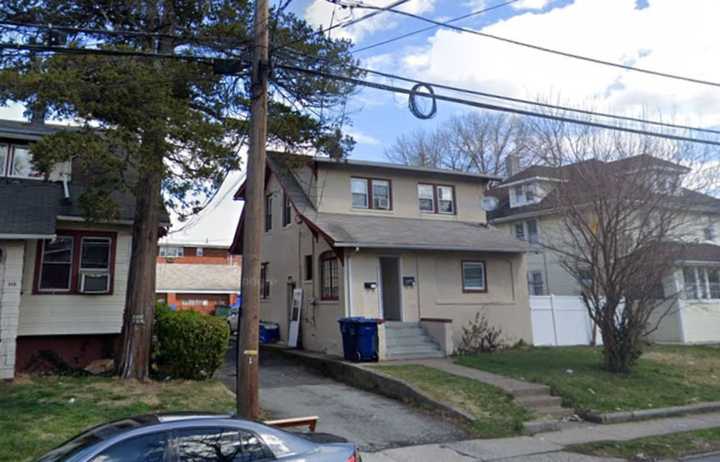A malfunctioning boiler in their two-family home on Atlantic Street off Railroad Avenue sent all four to Hackensack University Medical Center early on Dec. 6, said Police Capt. Michael Antista, the officer in charge of the city police department.
Fortunately, the injuries to the 39-year-old adult and three children -- ages 12, 9 and 5 -- weren't life-threatening, Antista said.
Readings of 200 PPM of the colorless, odorless gas were recorded -- enough to cause disorientation, unconsciousness and even death, responders said.
Such concentration is not only extremely poisoning. It could be fatal.
Several thousand people a year go to emergency rooms for CO poisoning, according to the Centers for Disease Control.
Not counting automobiles, roughly 170 people in the U.S. die each year from CO poisoning produced by fuel-burning appliances such as furnaces, ranges, room heaters, portable generators and others, the Consumer Product Safety Commission reports.
Others are killed, either deliberately or accidentally, by vehicles left running in closed or attached garages.
What happens to you is determined by the concentration of the gas -- which is measured in parts per million -- and the length of exposure. Your particular health condition also can be a factor.
Most people won't suffer symptoms from prolonged exposure of CO levels up to 70 PPM -- although patients with heart trouble can experience chest pains.
Symptoms become more noticeable above 70 PPM (headache, fatigue, nausea). It's when it exceeds 150 PPM that CO starts becoming deadly.
WARNING: Because CO is odorless, tasteless, and colorless, it is absolutely necessary for you to have carbon monoxide detectors in your home that can warn you of danger in the same way that smoke alarms do with fire. Be sure to have at least one working and effective CO detector.
Click here to follow Daily Voice Mahwah-Ramsey and receive free news updates.
